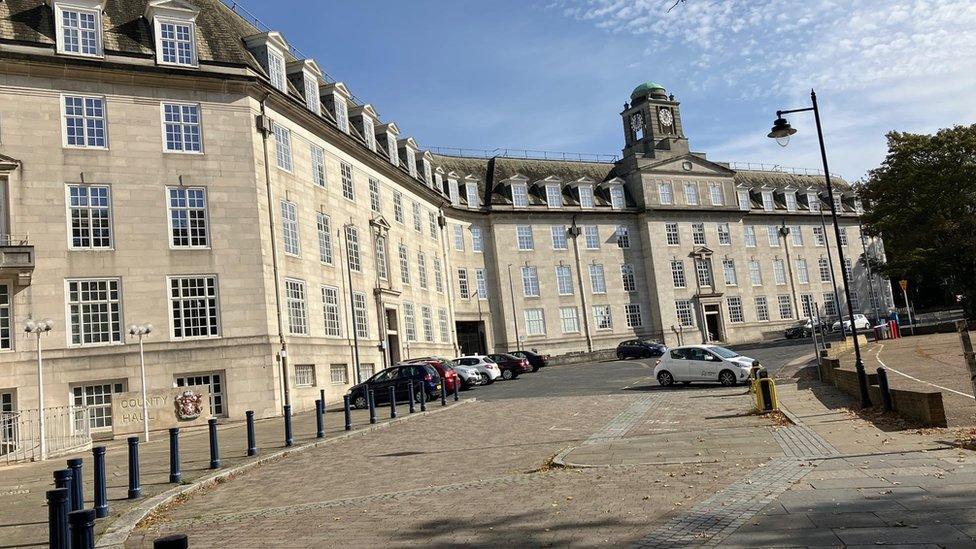Council tax: Kent, Surrey and Sussex face increased rates
- Published
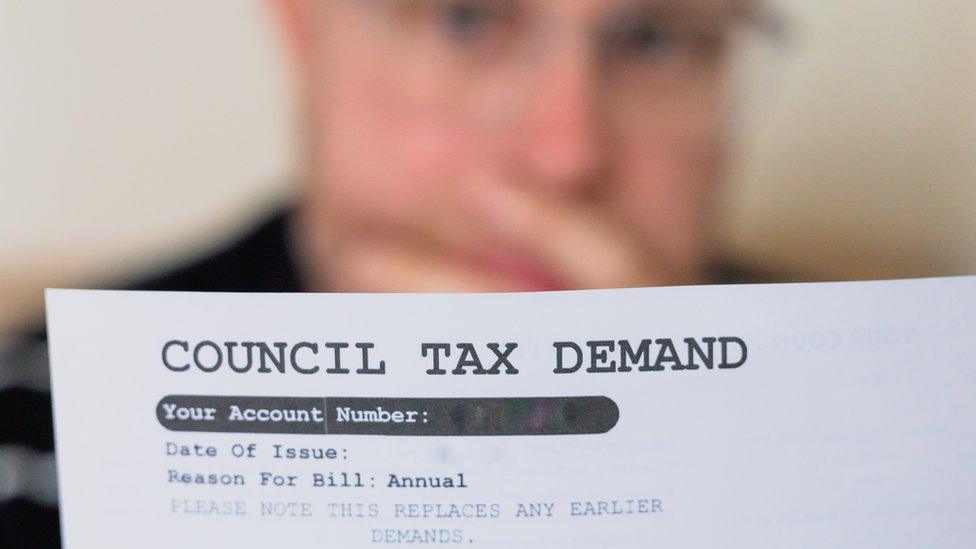
Council tax is set to rise across the South East in 2024
Households in the South East of England will be paying more council tax in 2024, while local authorities are set to cut services.
County councils and unitary authorities across Kent, Sussex and Surrey are all preparing draft financial plans for the financial year 2024-25, with budgets due to be set formally in February.
All say they will have to make millions in savings to fill funding gaps.
The government says councils' spending power has increased by £5bn in 2023.
On 18 December Michael Gove, the Secretary of State Levelling Up, Housing and Communities, announced the provisional local government finance settlement, telling councils across England how much they will be receiving from central government in the next financial year.
Mr Gove said £64bn would be available in 2024/25. which he said was an increase of £4bn, or 6.5%, on 2023/24.
But the leader of Kent County Council said the settlement did not "go anywhere near addressing the severe and mounting financial pressures" on local authorities.
Several local authorities across England have had to issue Section 114 notices during 2023, effectively declaring themselves bankrupt, including Woking Borough Council, which has debts of £2bn.
Following Chancellor Jeremy Hunt's autumn statement, local government leaders across England wrote to the government warning more authorities are at risk of effectively going bankrupt.
We have taken a look at how county councils and unitary authorities in the South East are planning to balance their books.
Brighton and Hove
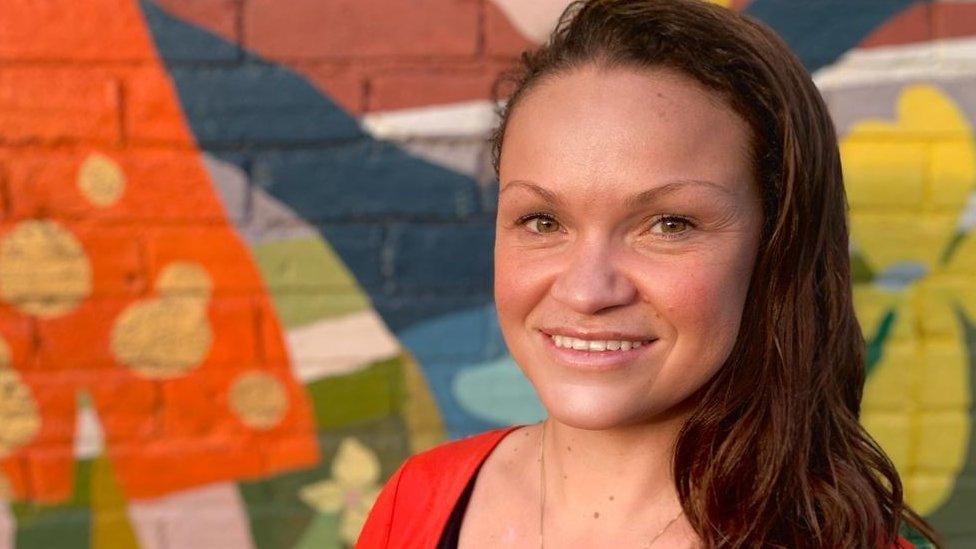
Bella Sankey says Brighton & Hove City Council is facing a £31m funding gap in the next financial year
The Labour leader of Brighton and Hove City Council recently described its finances as "in an extremely perilous position".
Bella Sankey predicted a funding gap of £31m in 2024's budget, which would have to be met by cuts to services, while demand for them was rising.
"We're being forced to look at every one of the 400 services we provide and start the extremely difficult process of deciding what are priority services and what aren't," she said in a statement on 1 December.
"While we await the final detail on the local government settlement, we will almost certainly have to find millions more savings next year than planned."
Surrey
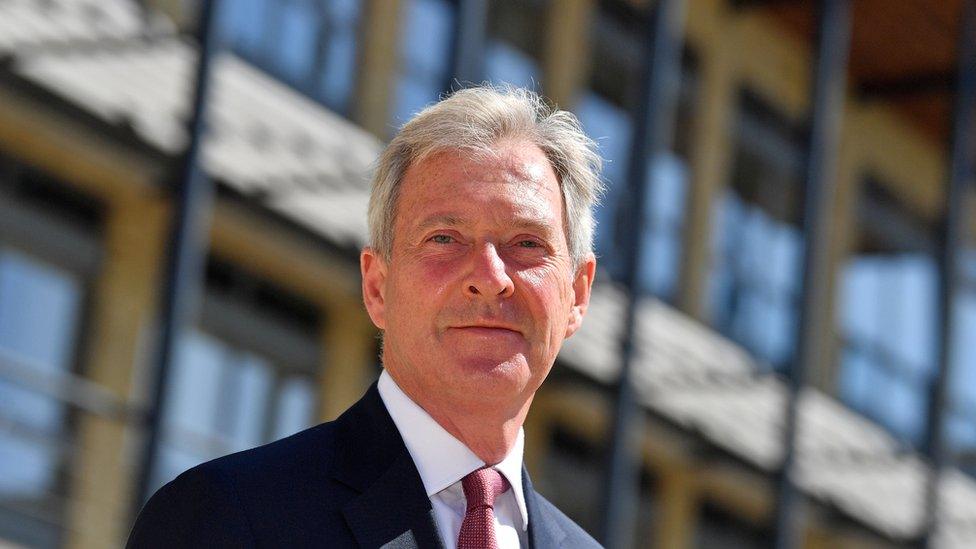
Surrey County Council leader Tim Oliver says a council tax increase of 3.99% would "not be done lightly"
Council tax payers in Surrey saw the smallest increase in their bills in the South East in 2023, with the county council opting to increase them by 2.99%.
All other unitary and county councils in the region increased their bills by a total of 4.99%, the maximum allowed without a triggering a local referendum.
In December Surrey's cabinet heard another increase in council tax was likely, even though £55m in savings had already been found.
The authority says another £13.5m still needs to be found to balance the budget for 2024-25.
The draft budget proposes a council tax increase of 3.99%, adding £67 to an average Band D property.
Tim Oliver, leader of the Conservative run council, told his cabinet: "That decision is not made lightly."
East Sussex
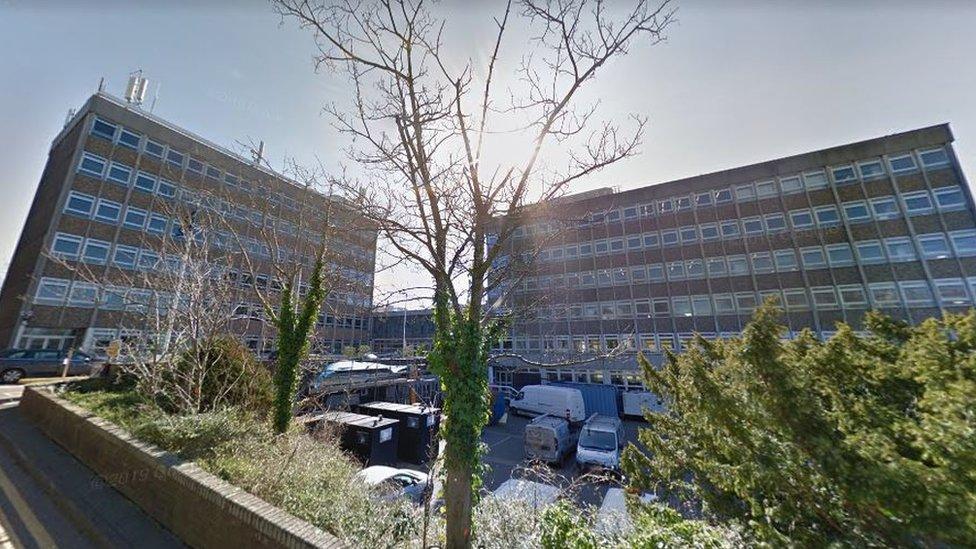
East Sussex County Council is considering a council tax increase of 4.99%
East Sussex County Council is also looking at increasing council tax, as it tries to make savings.
A report sent to its cabinet in November predicted a shortfall of £27.5m for the next financial year, with another council tax rise of 4.99% being considered.
In the longer term, its financial officers believe there could be a larger funding gap of £37m between 2025 and 2027.
West Sussex
West Sussex County Council says it is facing a funding gap of £44.9m for the next financial year, and has launched a public consultation to ask residents what they think should be the spending priorities.
Its draft budget includes making savings of £11.8m, along with a proposal to increase council tax by the maximum 4.99%.
The authority said even this would still leave it with cuts of £4.4m to find, a figure it described as "challenging but achievable".

Council taxpayers in the South East are facing increases across the board
Medway Council
According to the draft budget presented to the unitary authority's cabinet on 21 November, savings of £36m will be needed to balance its budget in 2024-25.
To avoid having to issue a Section 114 notice, the report said it may be necessary to stop or reduce all discretionary spending and limit non-discretionary spending to the minimum levels required by law.
The document says it may also be necessary to freeze recruitment for non-essential posts and use some of its financial reserves.
Labour won control of Medway from the Conservatives in the local elections of May 2023.
Kent County Council
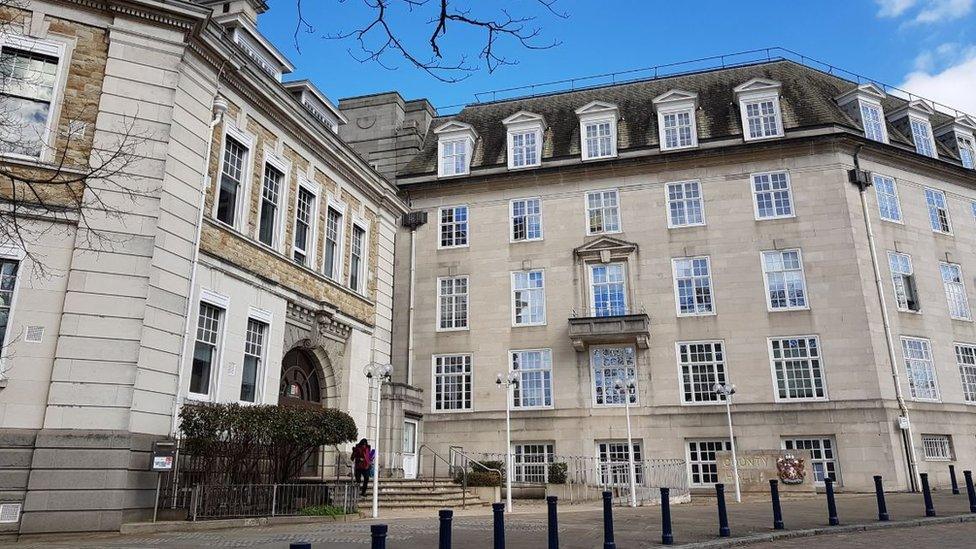
Kent County Council could have to become "leaner", according to its own report
Kent County Council has said it will publish its updated draft budget on 3 January, after finding out what the local government finance settlement is.
A report presented to its cabinet in October, external predicted a minimum of £14.7m of savings will need to be found before April, assuming a previous target of £53.8m is met.
The extra money would have to come from cuts to the adult social care and children's, young people and education budgets, along with "curtailing other non-essential spending" and "increasing discretionary fees and charges".
In October a report called for a freeze of non-essential recruitment and for it to become "leaner".
In November an attempt to save money by closing four household waste sites and reducing hours at others was defeated when a group of Conservative councillors rebelled against their own administration.
Later that month cuts of £900,000 to youth services were approved.
'Doors slam shut'
Following the announcement of a 6.5% increase in funding from central government on Monday, the leader and deputy leader of Kent County Council Roger Gough and Peter Oakford issued a joint statement.
They said: "We are hugely disappointed the local government financial settlement does not go anywhere near addressing the severe and mounting financial pressures being exerted on well-run county and unitary authorities.
"After more than a decade of austerity and cuts, central government has been left in no doubt that doors continue to slam shut on us in terms of where savings can be found, to the point we now find ourselves in a critical financial position."
A spokesman for the Department for Levelling Up, Housing and Communities said: "Local authorities have seen an increase in core spending power of up to £5.1bn or 9.4% in cash terms on 2022-23.
"Councils are ultimately responsible for the management of their own finances, but we stand ready to talk to any council that is concerned about its financial position."

Follow BBC South East on Facebook, external, on X, external, and on Instagram, external. Send your story ideas to southeasttoday@bbc.co.uk, external.
- Published6 December 2023
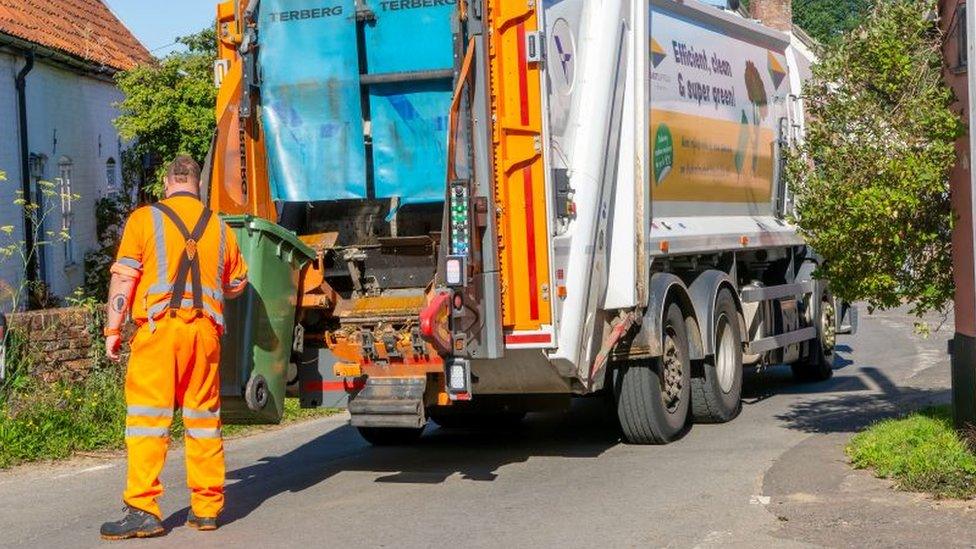
- Published2 December 2023

- Published1 December 2023
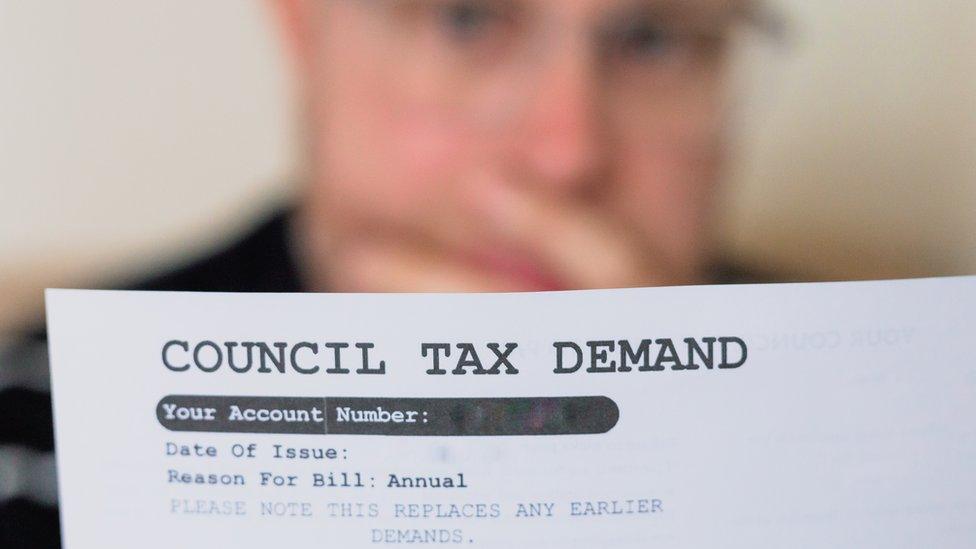
- Published7 November 2023
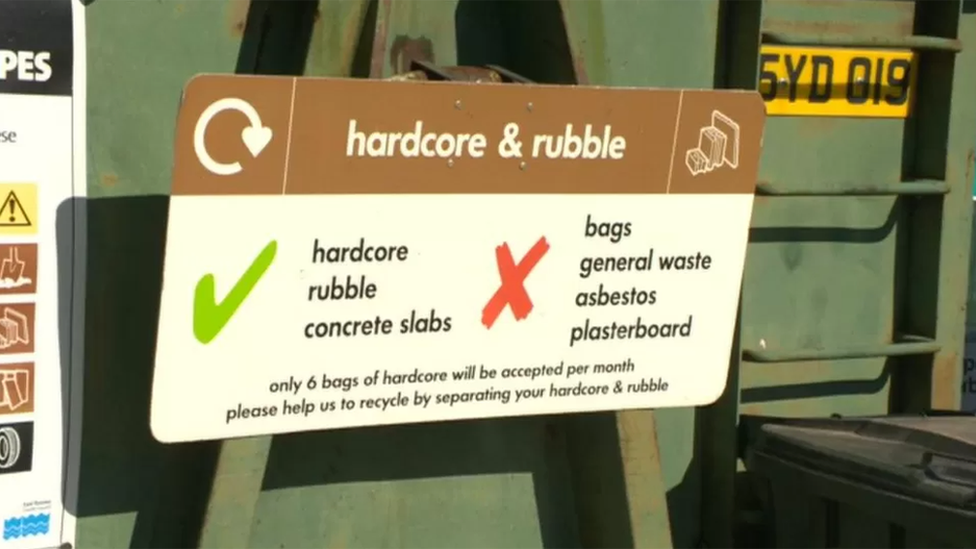
- Published1 November 2023
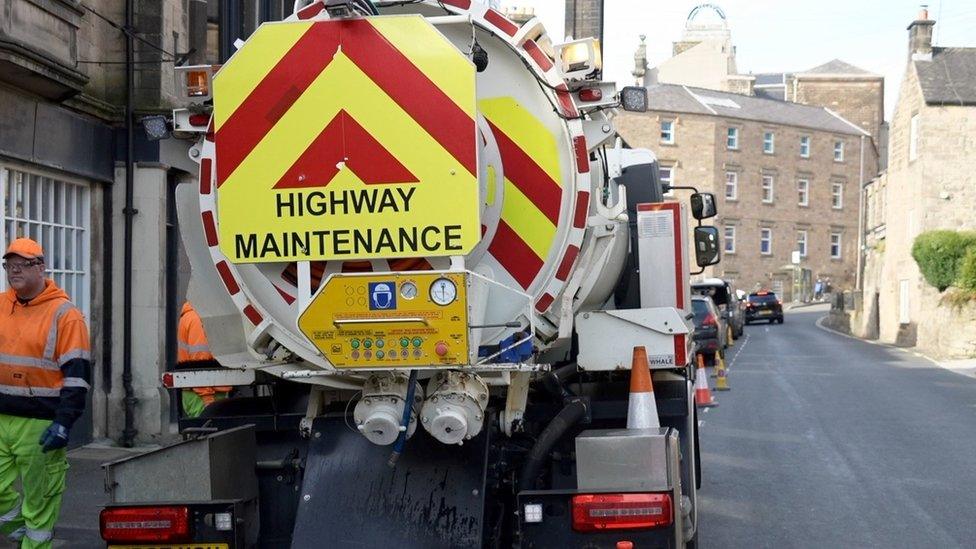
- Published5 October 2023
